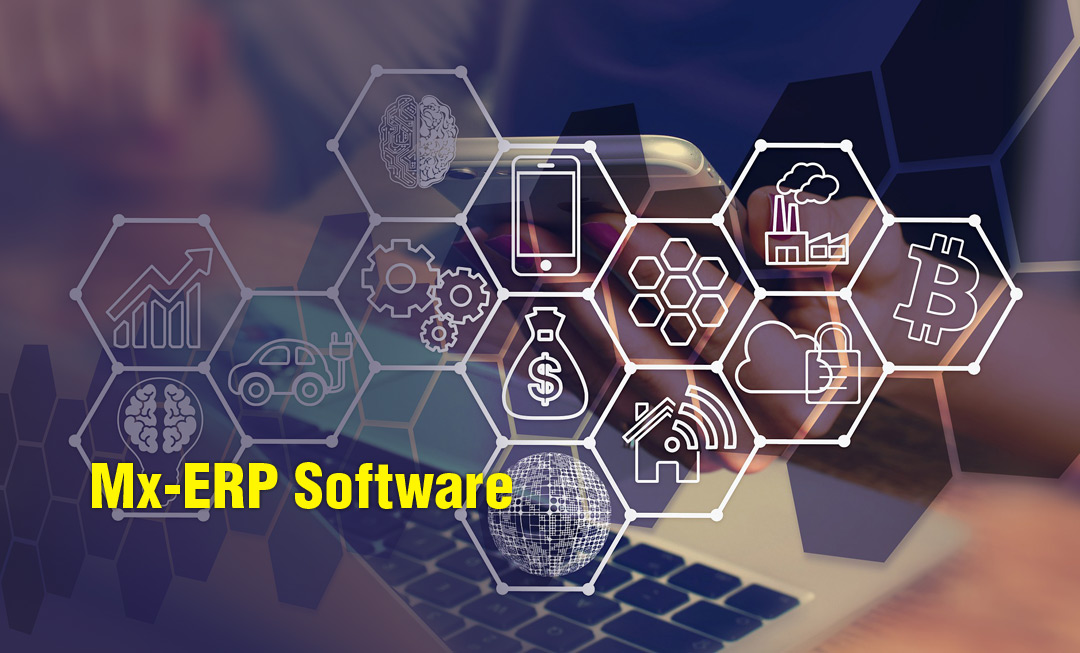
Enterprise resource planning (ERP) systems are no small undertaking. They are expensive, time-consuming, and complex. But when done right, they can completely transform a business. An ERP system consolidates all of a company’s information including financial, inventory, customer, and supplier data—into one integrated system. This allows for better decision-making, increased efficiencies, and reduced costs. However, given the large investment required for an ERP system, it is important to make sure that you choose the right solution for your business and that you have a solid plan for implementation. This blog post will explore the important factors to consider for a successful ERP implementation.
The benefits of ERP
Enterprise resource planning (ERP) systems are designed to provide organizations with a comprehensive, centralized view of their business data and processes. By integrating information from across the enterprise, ERP systems can give organizations a real-time view of their operations and help them make better decisions.There are many benefits of ERP systems, including:
Improved decision-making: By consolidating information from across the enterprise and providing users with real-time data, ERP systems can help organizations make better-informed decisions.
Greater efficiencies: ERP systems can automate and streamline business processes, leading to increased efficiency and productivity.
Increased visibility: With a centralized view of all business data, ERP systems can give organizations greater visibility into their operations and help them identify areas for improvement.
Improved customer service: By providing employees with real-time data on customer orders and inventory levels, ERP softwares can help organizations improve their customer service.
Important factors for a successful ERP implementation
There are a number of important factors to consider when implementing an ERP system. Perhaps the most important factor is to ensure that there is buy-in from all levels of the organization, from the C-suite down to individual contributors. It is essential that everyone understands the benefits that an ERP system can bring and is committed to making it a success.Other important factors include having a clear understanding of your business process and requirements, ensuring that you have the right resources in place (both internal and external), and having a robust testing and validation plan. Of course, no ERP implementation will be successful without the dedication and hard work of everyone involved.
Avoiding common mistakes during ERP implementation
One of the most important factors in a successful ERP implementation is avoiding common mistakes. All organizations are different and have different processes, so it is important to tailor the ERP system to fit the organization's specific needs. Here are some common mistakes to avoid during ERP implementation:- Not Defining Business Processes: This is probably the most common mistake made during ERP implementations. Organizations often have inefficient or outdated business processes that they are not even aware of. Without defining and streamlining business processes first, implementing an ERP system will only amplify existing problems.
- Not Understanding User Needs: Another common mistake is not taking the time to understand user needs. It is important to involve users in the ERP selection and implementation process so that their needs are properly considered. Once the system is live, continue to solicit feedback from users and make changes as needed.
- Over-Customizing the System: While it is important to tailor the ERP software to fit your organization's specific needs, you don't want to over-customize it. Too much customization can lead to issues with upgrades and maintenance down the road. It is usually best to keep things as simple as possible and only customize when absolutely necessary.
- Not Testing Thoroughly: One final mistake that organizations often make is not testing the system thoroughly enough before going live with it. It is crucial to test all aspects of the system, including data migration, integration, security.
How to ensure a successful ERP implementation
There are a number of important factors to ensure a successful ERP implementation. Here are some key points to consider:- Define your business requirements: Before starting the ERP selection process, it is important to first define your organization's specific business requirements. This will ensure that you select a system that is best suited to your needs.
- Do your research: Research is essential in order to identify which ERP system will best fit your business requirements. It is important to compare the features and functionality of different systems in order to make an informed decision.
- Consider the total cost of ownership: The total cost of ownership (TCO) refers to the complete cost of implementing and using an ERP software over its lifetime. This includes costs such as licensing, hardware, software, training, support, and maintenance. When comparing different systems, it is important to consider the TCO in order to get a true understanding of the costs involved.
- Make sure you have adequate resources: Implementing an ERP system can be a complex and time-consuming process. As such, it is important to make sure that you have adequate resources in place to manage the project from start to finish. This includes having enough skilled staff members as well as sufficient financial resources.
- Have realistic expectations: It is important to have realistic expectations when implementing an ERP system.